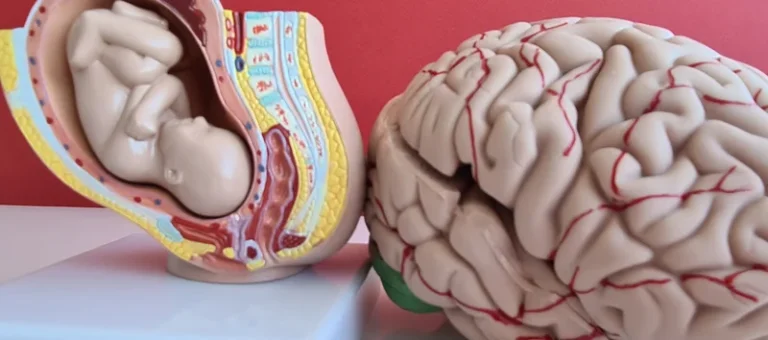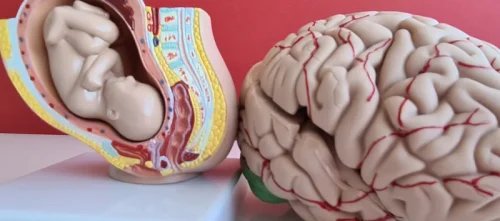
An alcohol intolerance means your body cannot break down alcohol well.1 Some people are more prone to alcohol intolerance than others. The only way to prevent the symptoms of alcohol intolerance is to avoid drinking alcohol. This not only leads to perspiration but also explains why you feel hot while drinking; however, this is misleading. This physiological activity allows the body to release heat, thereby actually lowering your body temperature.
Is excessive sweating dangerous?

So how much should you be hydrating before, during and after your workouts? That depends on what type of sweater you are, in addition to the intensity of your workout and the environment. Sodium is important for maintaining blood plasma, which is essential for blood flow and proper organ function.

Fluctuations in blood pressure
- For more information about treatment programs for alcohol abuse contact American Addiction Centers at today.
- When one consumes alcohol at a faster rate than this, accumulation of the substance takes place in the blood, leading to side effects such as sweating.
- Night sweats are a common sign of alcohol withdrawal, which is a condition that can develop when a person with alcohol dependency stops drinking alcohol.
- Carbohydrates help replace your glycogen stores, which provide energy to your muscles.
- Many people turn to alcohol as a way of coping with stress or difficult emotions.
With alcohol out of the equation, though, these chemicals cause withdrawal symptoms. Other times, sweating while eating is due to another medical condition you may have. If you are suffering from excessive, uncontrollable sweating, it’s important to remember that you aren’t alone. There are treatments available that may at the very least minimize the occurrence of hyperhidrosis and lifestyle changes you can make to better cope.
- People who’ve had head and neck surgery can experience trauma to close-knit tissues, especially in these regions.
- Make sure you discuss with your provider the possible side effects before starting treatment.
- Typically this occurs when alcohol accumulates in the body, as the liver can only process around one drink per hour.
- People with alcohol intolerance may need to avoid drinking alcohol to stop night sweats from occurring.
- If you or someone you know shows signs of delirium tremens, go to the emergency room immediately.
Why Some People Sweat More Than Others
Addiction Resource aims to provide only the most current, accurate information in regards to addiction and addiction treatment, which means we only reference the most credible sources available. Alcohol can contribute to sweating due to its effects on the circulatory and central nervous systems. Excessive sweating, however, may contribute to dehydration in conjunction with symptoms like vomiting and diarrhea. You probably don’t think of being sweaty as a good thing, but it serves an important function. While it is rare for an alcohol intolerance to be fatal, symptoms can be very unpleasant. If you struggle with alcohol intolerance, avoid alcohol altogether.
Because alcohol intolerance is a genetic condition, there’s currently no cure for it. The best way to relieve the symptoms of alcohol intolerance is to limit or eliminate alcohol consumption. So can certain medications, including antidepressants and steroids.
First symptoms of liver damage from alcohol

As opposed to primary focal hyperhidrosis, secondary hyperhidrosis can occur at any age. Most sports drinks contain 15 to 20 grams of carbohydrates per serving from glucose, fructose and sucrose. These simple carbohydrates not only provide energy, but also improve endurance and delay fatigue from intense exercise, Meeks says. For some, even having one glass of wine or pint of beer can cause flushing in the face, and the more the person drinks, the redder their skin becomes. Consuming alcohol can speed up heart activity, which in turn can lead to dilated blood vessels and symptoms such as flushed skin, warmness, and sweating. Night sweats, and similar side effects such as flushing and high body temperature, may last the duration of acute withdrawal.
While most antiperspirants are equally effective, unscented ones may be less irritating to people with sensitive skin or who are prone to contact dermatitis. Primary hyperhidrosis is also believed to have a genetic cause given that 35 percent to 56 percent of those affected will have a family history of the condition. If you notice that a certain drinking and sweating food leaves you dripping in a puddle of perspiration, the simplest solution is to ditch it from your diet. Secondly, depending on the variety, chocolate may have a lot of sugar. As we already know, sweets can make your pores pour with perspiration. For example, a Hershey’s Special Dark Chocolate Bar boasts 25 milligrams while a Hershey’s Milk Chocolate Bar clocks in at 10 milligrams, according to the Center for Science in the Public Interest.